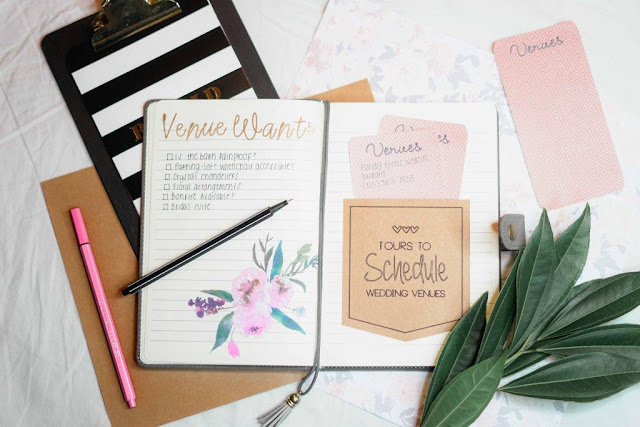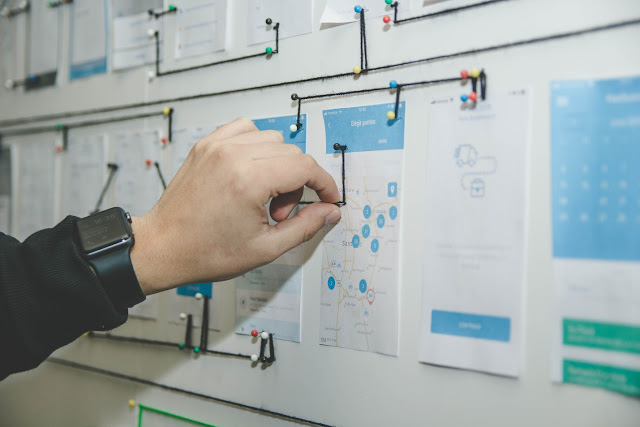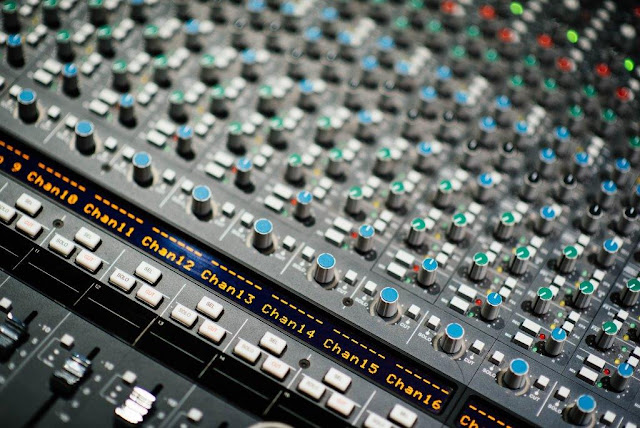Being an event planner is no easy task. Just ask anyone who has ever planned and executed an event before. There is just so many things happening and you never know what’s going to happen. Will everything go according to plan? Will an unforeseen event change all your plans? Will one small detail derail the entire event?
Blog: Challenges During Corporate Event Planning
These may sound scary but as an event planner, if you understand these 5 Events Planning Guide, then you have nothing to worry about.
1. Project Management
This is probably the most important skill to have when coordinating events. You will become the point of contact of each supplier and all clients involved in the endeavour. You will need to understand which parts go together and basically know the entire event down to the smallest details based on all this information. You should be able to play out the entire event in your head.
It doesn’t matter how you do it, but you have to organise everything. You can choose to use excel sheets or a notebook, the important part is everything is written down and updated to the latest decision. This allows you to be on top of the entire event planning process and any change should go through you. It is also important to keep notes and sheets in a way that you can share them to suppliers and clients so they also understand their role and their parts.
2. Flexibility
No matter how well you’ve planned it, something might go wrong during or right before the event. As the event planner, you should be flexible enough to roll with the punches and fix the problem right then and there.Ideally you should have back up plans for several things. For example, if the microphone suddenly stops working or the laptop for a presentation broke; these are the things that are easy to anticipate and you can have a backup. But for things that you cannot foresee, you should be level headed enough to think on your feet and make a decision quickly to fix it.
Flexibility also comes into play way before the actual event. Clients may have some unusual requests and it is your job to find a way to deal with it and get it done.
3. A/V Equipment
You cannot trust all your A/V equipment will run smoothly. It is important to have a backup plan for them. Moreover, you should know how to operate these things as well in case there is no technician available. It will save you a lot of valuable time if you know how to run even the basic A/V equipment on your own.
4. Back of House Functions
As calm as it may look like on the event floor, the back of the house is in organised chaos mode during events. They scramble to get everything ready on time and to avoid any mistakes.As an event planner, it is highly advisable that you at least understand the basic concepts of the back of the house from the kitchen to service. Videographers to DJs. You should have a basic understanding of their needs and operations so that you can plan accordingly. At the same time, this will help you in making on the spot adjustments when needed.
5. Communication
Last and certainly not the least, communication plays a key role for any event planning. You should know who to contact for what at all times from the planning stage to actual event. Everything must be communicated to each client and staff so the event goes smoothly. And it is your job to do that.If you think you need help with running your event, do not hesitate to contact us. Our event planners understand all these qualities and more with years of experience on the field. We at End2End Events can help make sure your event happens without a hitch.




No comments:
Post a Comment